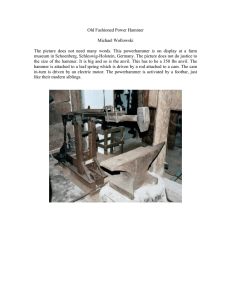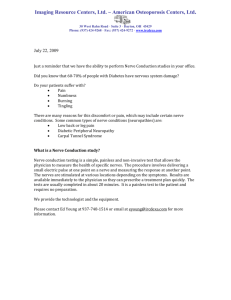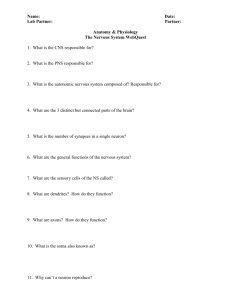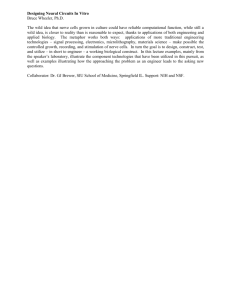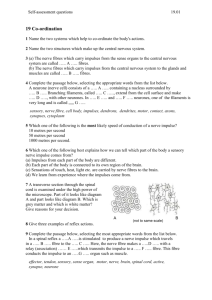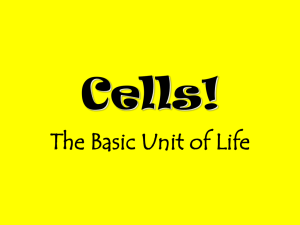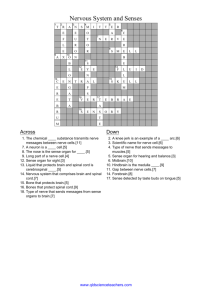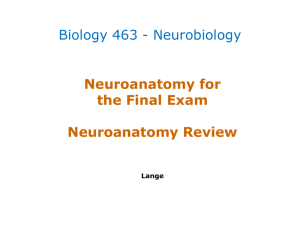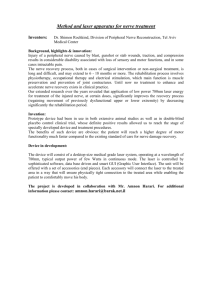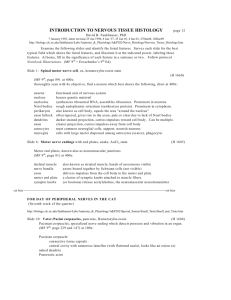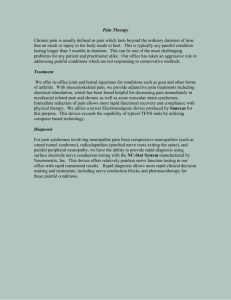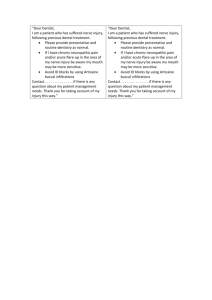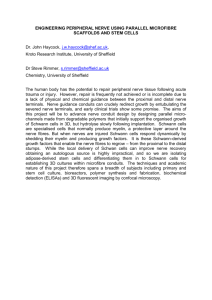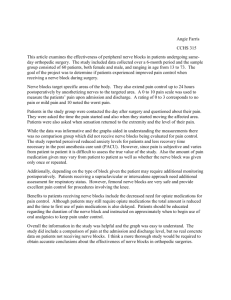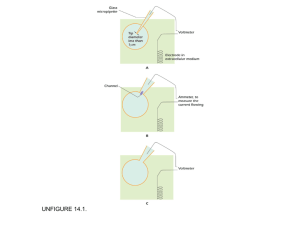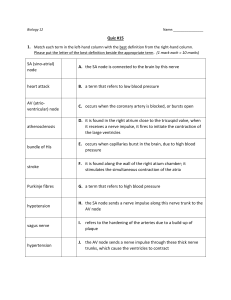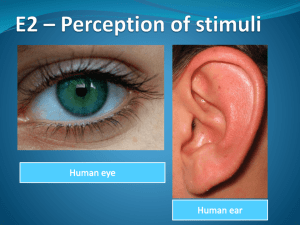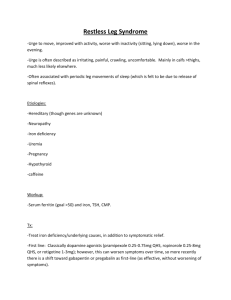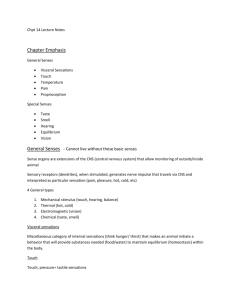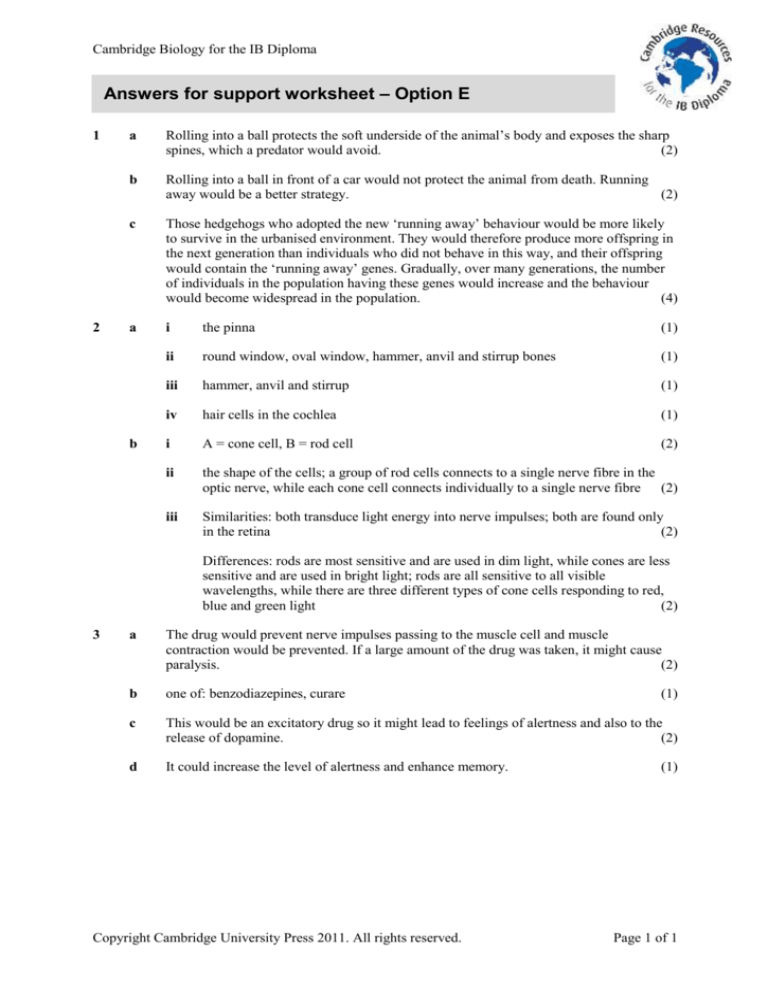
Cambridge Biology for the IB Diploma
Answers for support worksheet – Option E
1
2
a
Rolling into a ball protects the soft underside of the animal’s body and exposes the sharp
spines, which a predator would avoid.
(2)
b
Rolling into a ball in front of a car would not protect the animal from death. Running
away would be a better strategy.
(2)
c
Those hedgehogs who adopted the new ‘running away’ behaviour would be more likely
to survive in the urbanised environment. They would therefore produce more offspring in
the next generation than individuals who did not behave in this way, and their offspring
would contain the ‘running away’ genes. Gradually, over many generations, the number
of individuals in the population having these genes would increase and the behaviour
would become widespread in the population.
(4)
a
i
the pinna
(1)
ii
round window, oval window, hammer, anvil and stirrup bones
(1)
iii
hammer, anvil and stirrup
(1)
iv
hair cells in the cochlea
(1)
i
A = cone cell, B = rod cell
(2)
ii
the shape of the cells; a group of rod cells connects to a single nerve fibre in the
optic nerve, while each cone cell connects individually to a single nerve fibre (2)
iii
Similarities: both transduce light energy into nerve impulses; both are found only
in the retina
(2)
b
Differences: rods are most sensitive and are used in dim light, while cones are less
sensitive and are used in bright light; rods are all sensitive to all visible
wavelengths, while there are three different types of cone cells responding to red,
blue and green light
(2)
3
a
The drug would prevent nerve impulses passing to the muscle cell and muscle
contraction would be prevented. If a large amount of the drug was taken, it might cause
paralysis.
(2)
b
one of: benzodiazepines, curare
c
This would be an excitatory drug so it might lead to feelings of alertness and also to the
release of dopamine.
(2)
d
It could increase the level of alertness and enhance memory.
Copyright Cambridge University Press 2011. All rights reserved.
(1)
(1)
Page 1 of 1


